
The call for session proposals has now closed. Click here to see the accepted sessions.
Thank you to everyone who submitted a proposal!
ICOS Science Conference, organised every second year by the ICOS community, is a global event open to scientists…
Read more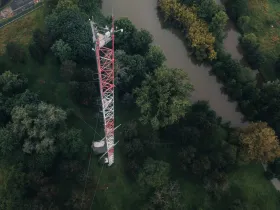
ICOS has published the annual update of the European Obspack, an extensive dataset including atmospheric observations of carbon dioxide (CO2), methane (CH4), nitrous oxide (N2O) and carbon monoxide (CO) in Europe.
This dataset, part of the GlobalView …
Read more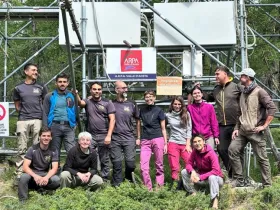
An effort led by Marta Galvagno and Dario Papale has successfully upgraded two ICOS Associated Stations in Valle d’Aosta: ICOS station Torgnon grassland (IT-Tor) and ICOS station Torgnon larch forest (IT-TrF).
Between 2nd-9th August, standard eddy covariance equipment was installed…
Read more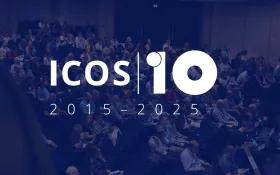
The year 2025 marks the 10th anniversary of ICOS becoming a European Research Infrastructure Consortium (ERIC). This milestone celebrates the establishment of ICOS ERIC in November 2015, when the European Commission granted the status after many years of preparatory work.
ICOS…
Read more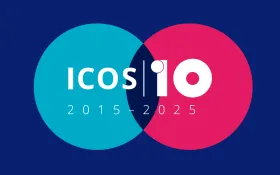
The ICOS Science Conference, organised every second year by the ICOS community, is a global event open to scientists and other experts working in greenhouse gases and biogeochemical cycles. The conference was first held in 2014 to bring together students and researchers across the ICOS…
Read more
This autumn, the ICOS Head Office is welcoming two new members! Saija Korppi-Tommola has been appointed as the new Head of Administration, and Beatriz Abelenda will be a new addition to our growing communications team.
A new chapter in ICOS AdministrationSaija Korppi-Tommola is the new…
Read more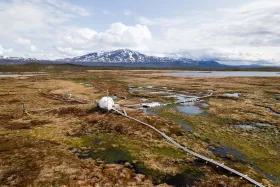
Between 10th-12th June 2025 an installation team from the University of Leicester and the Swedish Polar Research Secretariat travelled to ICOS Ecosystem station Abisko-Stordalen Palsa Bog to install instruments for measuring new ICOS Ecosystem parameters.
Conducted as part of Work…
Read more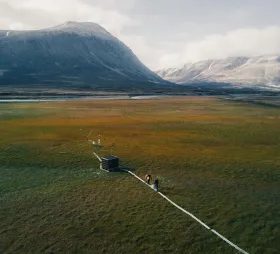
A study, published earlier this year in Nature, found that a third (34 %) of the Arctic-boreal zone is now a source of carbon to the atmosphere. That balance sheet is made up of carbon dioxide (CO₂) uptake from plant photosynthesis and CO₂ released to the atmosphere through…
Read more
Measurements of biomass content provide important data on the carbon storage potential of forests. A PhD project is developing continuous terrestrial laser scans at ICOS Ecosystem sites to test the potential of integrating 3D scans into long term monitoring.
In spring 2025 Geike De Sloover…
Read more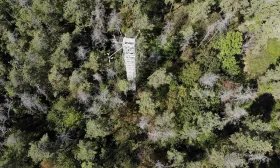
A new study conducted at the University of Freiburg shows that recurring years of heat and drought since 2018 have caused long-term damage to a pine forest in southwestern Germany. Over 60 percent of the pine trees have died, and deciduous trees are taking root, but it is insufficient to reclaim…
Read more